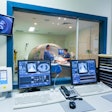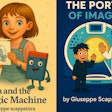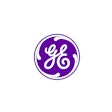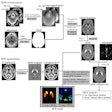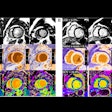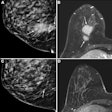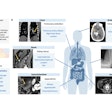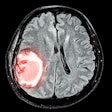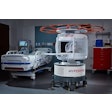Dear MRI Insider,
Patient safety is top of mind these days, especially in the MRI suite. Chances are you've implemented protocols covering magnet safety and gadolinium-based contrast agents, but what about patient sedation?
Sedation is always a tricky business, and you're not out of the woods when the patient seemingly recovers and leaves the scanner room. In fact, releasing patients too early can result in serious injury, such as the tragic case of a patient who was killed after falling asleep at the wheel when driving home following an MR procedure that involved sedation.
How to avoid such accidents when administering sedation is the topic of this edition's Insider Exclusive, which you can reach by clicking here. As an MRI Insider subscriber, you're getting this article before our other AuntMinnie.com members can access it.
In other news in the community, breast MRI screening may be underused in women who are at high risk for cancer, according to a study from the University of Colorado. The research indicates that clinical guidelines recommending breast MRI for high-risk women may not be adequately publicized.
Also in breast MRI news, a recent study indicates that contrast-enhanced breast MRI may be superior to whole-breast ultrasound for surgical planning in women with newly diagnosed breast cancer.
Outside the breast, German researchers recently reported that 3-tesla MRI with parallel-transmission radiofrequency coils offers faster imaging of the spine with fewer artifacts.
Also check out these recently published stories in your MRI Digital Community:
- Computer-aided detection (CAD) software can improve radiologist accuracy in reading breast MRI studies.
- MRI might fall short in predicting patient response to neoadjuvant chemotherapy.
- 3-tesla MRI equals 64-slice CT in detecting coronary artery disease.
- Pediatricians performed well compared to orthopedic surgeons in appropriately referring children with knee pain to MRI.

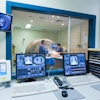
.fFmgij6Hin.png?auto=compress%2Cformat&fit=crop&h=100&q=70&w=100)



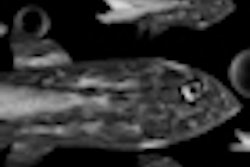
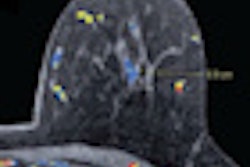
.fFmgij6Hin.png?auto=compress%2Cformat&fit=crop&h=167&q=70&w=250)
